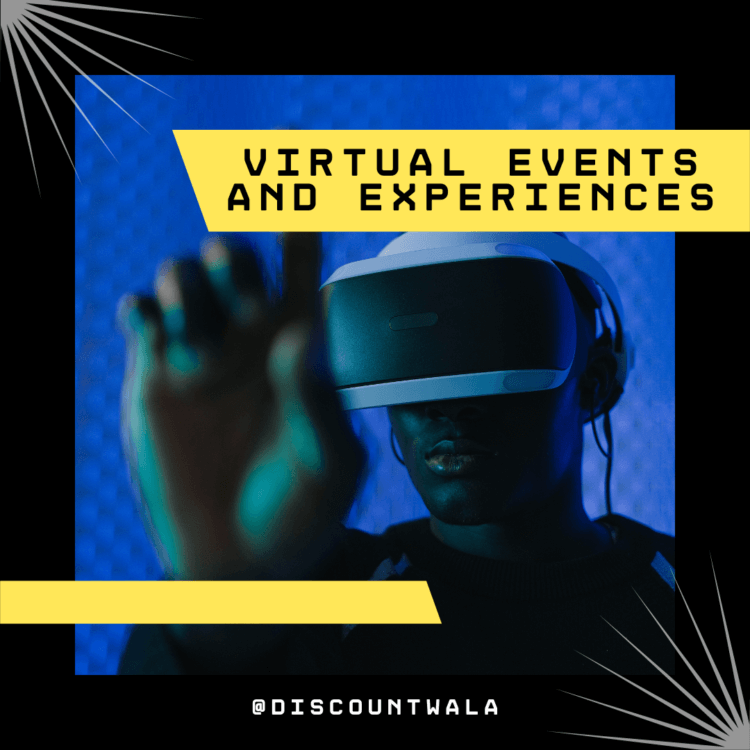In a world that is becoming increasingly digitized, virtual events and experiences have emerged as transformative tools, reshaping the way we connect, learn, and celebrate. Whether fueled by necessity during unprecedented times or driven by a desire for innovation, these virtual gatherings have transcended geographical boundaries, bringing people together in ways that were once unimaginable. This blog explores the dynamic landscape of virtual events and experiences, delving into their impact on various facets of our lives.
The Rise of Virtual Events:
Virtual events have become an integral part of our contemporary existence. From conferences and trade shows to social gatherings and concerts, the virtual space has provided a platform for diverse events. The convenience of attending from anywhere with an internet connection has democratized access, fostering inclusivity and global participation. The rise of virtual events has not only weathered the challenges posed by physical limitations but has also showcased the adaptability of human connection in the face of adversity.
Transformative Learning Experiences:
Education has undergone a significant transformation with the advent of virtual events. Online classes, webinars, and virtual workshops have become commonplace, offering learners flexibility and accessibility. The integration of immersive technologies like virtual reality (VR) and augmented reality (AR) has elevated learning experiences, allowing participants to engage with content in a more interactive and meaningful way. Virtual classrooms are breaking down geographical barriers, enabling a diverse range of individuals to access quality education.
Nurturing Professional Networks:
Networking, a cornerstone of professional growth, has found a new home in the virtual realm. Virtual conferences and business events provide a platform for professionals to connect, exchange ideas, and explore collaborations without the constraints of physical distance. Networking tools within virtual event platforms facilitate one-on-one interactions, replicating the spontaneity of in-person encounters. As a result, professionals can expand their networks, discover opportunities, and stay connected in an increasingly globalized and remote work environment.
Redefining Entertainment and Cultural Experiences:
The entertainment industry has harnessed virtual experiences to bring joy and cultural enrichment to audiences worldwide. Virtual concerts, theater performances, and art exhibitions enable individuals to enjoy cultural events from the comfort of their homes. These experiences, often enhanced by cutting-edge technology, provide a glimpse into the future of entertainment, where the boundaries between the physical and digital worlds blur, creating immersive and unforgettable moments.
Overcoming Challenges and Embracing Innovation:
While virtual events offer numerous benefits, they are not without challenges. Technical issues, virtual fatigue, and the absence of face-to-face interactions pose obstacles that event organizers and participants must navigate. However, the resilience of virtual events lies in their ability to adapt and innovate. As technology continues to advance, addressing these challenges becomes an opportunity for further refinement and improvement.
Conclusion:
Virtual events and experiences have evolved from being mere substitutes for physical gatherings to powerful mediums that transcend limitations. Their impact on education, professional networking, and cultural engagement is undeniable. As we continue to navigate the digital realm, the fusion of technology and human connection in virtual events promises a future where distance is no longer a barrier, and the possibilities for shared experiences are limitless. Embracing the transformative potential of virtual events allows us to redefine connection and cultivate a more interconnected and accessible world.










No Comments
Leave Comment